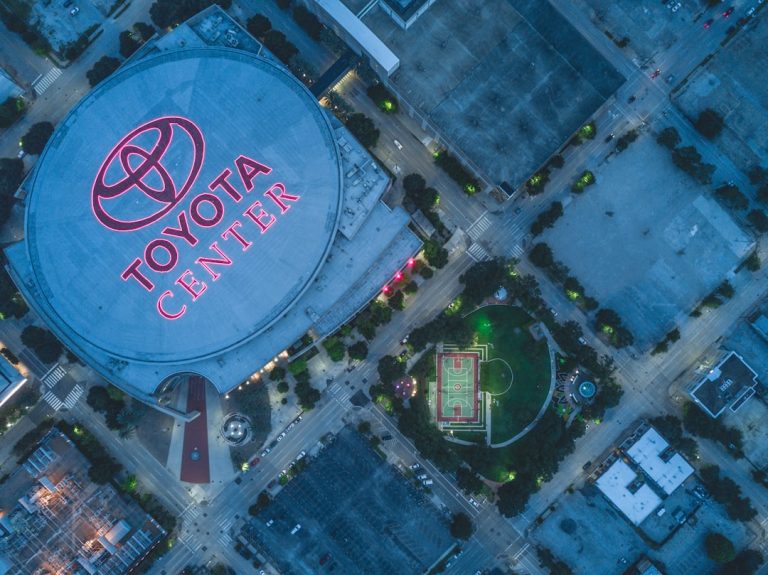Houston's No Call Laws protect residents from unwanted telemarketing calls, with nonprofits playing a crucial role in education and compliance. By obtaining explicit consent through opt-in processes and collaborating with local authorities, nonprofits can reduce spam calls, maintain community trust, and ensure legal adherence, including consultation with specialized Spam Call law firms in Houston. This balanced approach fosters healthy donor relationships while respecting privacy rights.
“In today’s digital age, nonprofits in Houston face a unique challenge—navigating the complex landscape of no-call laws while mitigating spam calls. This comprehensive guide explores the intricate relationship between nonprofit organizations and these regulations. We delve into how Houston’s no-call laws protect donor privacy, and discuss the legal implications for nonprofits to ensure compliance. Furthermore, we offer practical strategies for effective call management, helping nonprofits maintain trust and foster sustainable relationships with their supporters, all while steering clear of legal pitfalls.”
Keywords incorporated: No Call Laws, Houston, Spam Calls, Nonprofit Organizations, Legal Implications, Donor Privacy, Spam Call law firm Houston
Understanding No Call Laws in Houston: A Comprehensive Overview

In Houston, just like in many other cities, No Call Laws are in place to protect residents from unwanted and harassing phone calls, particularly from telemarketers. These laws, also known as the Texas Spam Call law, strictly regulate when businesses can contact consumers by telephone for marketing purposes. Understanding these regulations is crucial for both nonprofit organizations seeking to raise awareness and funds, and individuals looking to guard their personal time and privacy.
Houston’s No Call Law prohibits commercial calls to residents who have not given explicit consent. Nonprofits must ensure they adhere to these rules to avoid being labeled as spam call law firms. To comply, nonprofits can obtain the necessary permissions through opt-in processes, such as secure sign-up forms on their websites or during community events. By respecting these laws, nonprofits can foster positive relationships with the community while avoiding potential penalties and maintaining a legitimate image.
The Role of Nonprofit Organizations Amidst Spam Calls

Nonprofit organizations play a vital role in addressing the growing issue of spam calls in Houston, especially with the rise of telemarketing and sales practices that often invade personal spaces. These organizations work towards educating communities about their rights under the Spam Call law firm Houston implements, empowering citizens to take action against unwanted calls. They organize awareness campaigns, conduct workshops, and provide resources to help residents understand the legal protections in place.
By fostering a culture of informed consent, nonprofits contribute to the enforcement of these laws. They collaborate with local authorities and telecom companies to ensure that individuals can enjoy their peace of mind without constant interruptions from unsolicited calls. Through advocacy and support, these organizations make significant strides in curbing spam calls, ensuring a safer and more respectful communication environment for all Houston residents.
Legal Implications for Nonprofits: Protecting Donor Privacy and Compliance

Nonprofit organizations in Houston, like elsewhere, must navigate complex regulations surrounding donor privacy and no-call laws to maintain compliance and protect their operations from legal repercussions. While these organizations rely heavily on phone outreach for fundraising efforts, they are subject to strict rules designed to prevent unwanted spam calls and ensure donor rights. A violation of these laws can result in significant fines and damage to the organization’s reputation.
Therefore, Houston-based nonprofits should work closely with legal experts specializing in such matters. A reputable spam call law firm in Houston can provide guidance on best practices for donor communication, including proper consent acquisition and management, call frequency restrictions, and exemption from certain rules for specific types of organizations. Staying informed about these regulations is crucial to maintaining a healthy relationship with donors and avoiding potential legal pitfalls.
Strategies for Nonprofits to Mitigate Spam Calls and Maintain Trust

Nonprofit organizations operating in Houston, Texas, must navigate the delicate balance between fundraising and respecting consumer privacy, especially regarding spam calls. With strict No Call Laws in place, such as those enforced by a Spam Call law firm in Houston, charities need to implement thoughtful strategies to maintain donor trust while adhering to legal guidelines.
One effective approach is to prioritize consent-based communication. Nonprofits should only contact individuals who have explicitly agreed to receive calls or messages, ensuring marketing efforts are targeted and personalized. Building robust data management systems allows charities to track preferences, opt-in choices, and previous interactions, enabling them to deliver tailored content without overwhelming donors with unsolicited calls.






